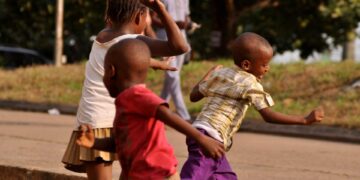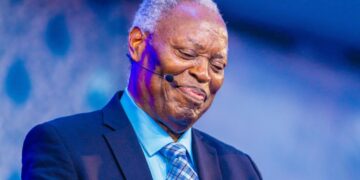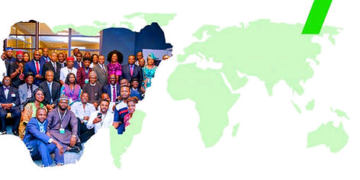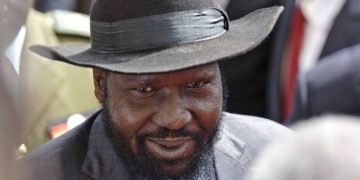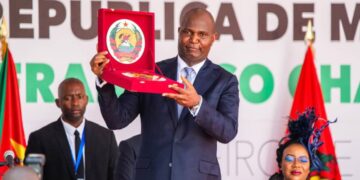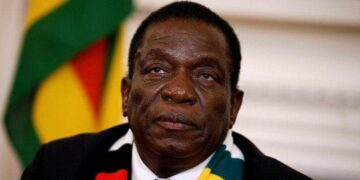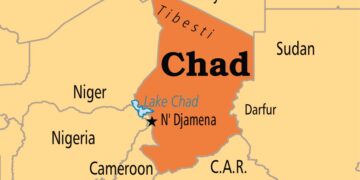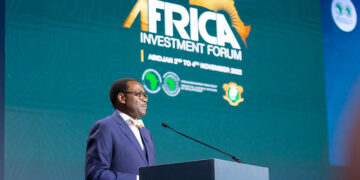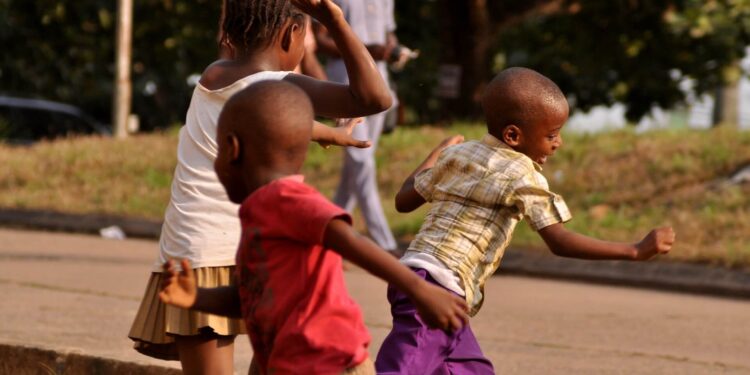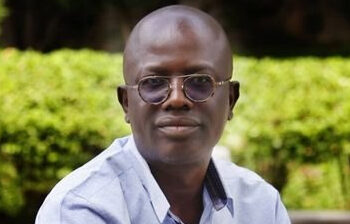THE recent reminder by former President Olusegun Obasanjo that 14 million Nigerian children are deprived of educational opportunities is an indictment of the country’s political leadership. Put in context, this figure is more than the population of Guinea (13 million); Rwanda (12.9 million) and Tunisia (11.8 million). Reversing this trend should be a top priority for the federal and state governments.
Generally, gender discrimination, disasters and armed conflict, language challenges, household poverty, child labour, child marriage and factors related to disability are some of the main barriers that keep children out of school. In Nigeria, leadership failure, especially at the state level, is also largely to blame. That the country churns out such saddening statistics in human capital in the 21st century rankles and speaks to the need to re-evaluate and retool education policies in line with current realities.
A Chinese proverb says, “If you are planning for a year, sow rice; if you are planning for a decade, plant trees; if you are planning for a lifetime, educate people.” In a knowledge-driven world, countries with low literacy rates have no future, as they will be left behind. The fact that the majority of out-of-school-children are in the northern states as studies show is evidence of poor choices. The problem has been compounded in the North-East states of Borno, Yobe and Adamawa where the Boko Haram insurgency has disrupted socio-economic and academic activities.
Interestingly, Nigeria is not in short supply of policy measures and laws to ensure that no child is left behind in education. Officially, there is free and compulsory primary and junior secondary education to cater for children aged five to 14 years. The Universal Basic Education Act 2004 is the legal framework that provides for compulsory, free and universal basic education of all children of primary and junior secondary school age in the country. There is also the Child Rights Act, which reinforces this as a basic human right by prescribing schooling up to junior secondary school. Unfortunately, these policy instruments and laws have been largely obeyed in the breach; The 11 states that are yet to domesticate the CRA are all in the north, resulting in their large out-school-school children.
What is wrong? While other countries are working assiduously to reduce their out-of-school children population, the various tiers of government have allowed the number to spike dangerously over the years. A 2018 UNICEF survey showed that the population of out-of-school children in Nigeria had risen from 10.5 million to 13.2 million, the highest in the world. Of the world’s 63 million out-of-school children of primary school age, 34 million, more than one-half, live in sub-Saharan Africa, while southern Asia has the second-highest number with 10 million, the USIF Fact Sheet No.48 2018, discloses. This is not all; there is still a huge number of those who are in school, but learning nothing. UNICEF says schooling does not always lead to learning. In Nigeria, there are more non-learners in school than out of school.
This has huge implications for Nigeria’s economic development and security and deserves greater attention. Experts identify a nexus between education, social deviance and development. As Obasanjo warned, “If we don’t take care of these 14 million out-of-school children in the next 10 years or so, they will be the terrorists, armed robbers, and kidnappers of the future.” This chilling prediction is already unfolding. The decade-old insurgency in the North-East, organised banditry and kidnapping across the North as well as criminality in other parts of the country in recent times draw recruits from the army of uneducated and deprived youth. Ironically, these ugly realities accentuate the phenomenon of out-of-school children. The United States military’s Africa Command said terrorist groups shut down over 9,000 schools in different African countries, including Nigeria in the past five years.
All this calls for concerted efforts to reverse the misfortune. The rising illiteracy rate in the country, especially in the North, should be addressed. In 2018, a report by EDUCELEB, a non-profit education advocacy group, indicated a national average of 59.3 percent female literacy rate for Nigerians between 15 and 24 years old; the North-West trailed with 38 percent, followed by the North-East (41 percent) and the North-Central (62 percent). On the other hand, the South-East led with 95.4 percent, followed by the South-South (94 percent) and the South-West (92.6 percent). When viewed against the fact that 11 Muslim Arab countries (Jordan, UAE, Bahrain, Syria, Qatar, Kuwait, Algeria, Libya, Saudi Arabia, Oman, Tunisia) have attained literacy rates well above the world average of 87.6 percent, with Jordan scoring the highest (99.4 percent), the wrong-headed neglect of education by the northern governors becomes indefensible.
Many countries are looking beyond religion to catch up on education. The Pew Research Centre reports that among the world’s major religious groups, Muslims have made some of the greatest gains in educational achievement in recent decades. But the story is different in sub-Saharan Africa and some parts of the Middle-East. The PRC says in sub-Saharan Africa, roughly two-thirds of Muslim adults (65 percent) have no formal schooling. The same is true for roughly four-in-10 Muslim adults in the Middle East-North Africa region (42 percent) and three-in-10 in Asia-Pacific region (32 percent). By comparison, nearly all Muslim adults living in North America and 95 percent of those in Europe have at least some formal education.
In addition, the gender gap in education among Muslims in sub-Saharan Africa has remained mostly unchanged across generations, and the share of all Muslims with no formal schooling in the region is higher than the share of Christians with no formal schooling, the research states. While Muslim women are fast catching up in other regions of the world, according to the Population Council, Muslim women’s educational attainment is lowest in sub-Saharan Africa; where even among the youngest cohort (women 25–34 years old) two‐thirds have no formal schooling. Regrettably, Nigeria’s North poses the most depressing numbers.
Nigeria should roll back the negative influence of religion in national development. While some Northern states have established a ministry of religious affairs, the United Arab Emirates made history as the first country in the world to establish a ministry of and appoint a minister for Artificial Intelligence. Uncontrolled family size naturally breeds illiteracy and poverty while discrimination against females hampers healthy family and economic growth.
The various levels of government, especially the Northern states, need to raise investment in education to address the phenomenon and other challenges in the sector. This will align the country closer with the international development community’s laudable goal of achieving universal primary and secondary education by 2030, a decade away.
Increasing budgetary allocation to primary education has become imperative. Though education is on the concurrent legislative list, persistent decline in budgetary allocation to the sector by all governments has hampered the provision of quality education in the country. However, getting children into school primarily rests with the states.
Unfortunately, this is one admonition successive governments have not taken to heart. For instance, in 2020, the Federal Government allocated N671.07 billion, constituting 6.7 percent of the N10 trillion budget, to education. In 2019, it was N620.5 billion out of N8.83 trillion, representing 7.05 percent; N605.8 billion in 2018 and N398 billion in 2017. The figures for the sub-national governments are similarly ludicrous. Sadly, amidst the rot in the sector, a report from the Universal Basic Education Commission said that as of 2018, 24 states out of 36 failed to access their own portion of the over N47 billion basic education grants between 2015 and 2017. States are required to provide an equal amount of the money as counterpart funds to qualify to access the funds, a statutory obligation many have failed to meet over the years due to poor accountability. As Benjamin Franklin, one of the Founding Fathers of the United States, once said, an investment in knowledge pays the best interest.”
